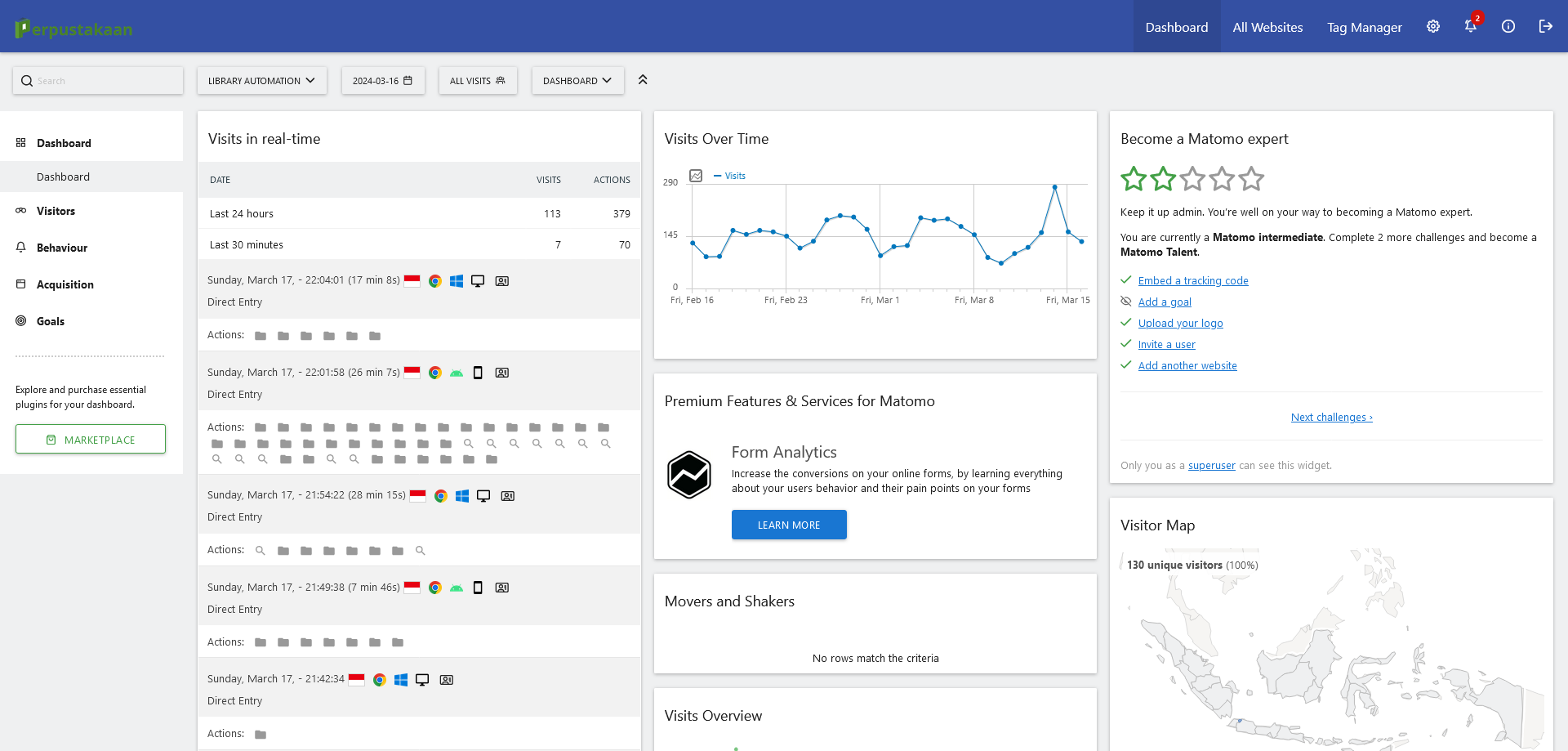Collection Details

Context in communication:a cognitive view
Airenti, Gabriell - Nama Orang
Cruciani, Marco - Nama Orang
Plebe, Alessio - Nama Orang
Context is what contributes to interpret a communicative act beyond the spoken words. It provides information essential to clarify the intentions of a speaker, and thus to identify the actual meaning of an utterance. A large amount of research in Pragmatics has shown how wide-ranging and multifaceted this concept can be. Context spans from the preceding words in a conversation to the general knowledge that the interlocutors supposedly share, from the perceived environment to features and traits that the participants in a dialogue attribute to each other. This last category is also very broad, since it includes mental and emotional states, together with culturally constructed knowledge, such as the reciprocal identification of social roles and positions. The assumption of a cognitive point of view brings to the foreground a number of new questions regarding how information about the context is organized in the mind and how this kind of knowledge is used in specific communicative situations. A related, very important question concerns the role played in this process by theory of mind abilities (ToM), both in typical and atypical populations. In this Research Topic, we bring together articles that address different aspects of context analysis from theoretical and empirical perspectives, integrating knowledge and methods derived from Philosophy of language, Linguistics, Cognitive Science, Cognitive Neuroscience, Developmental and Clinical Psychology.Context is what contributes to interpret a communicative act beyond the spoken words. It provides information essential to clarify the intentions of a speaker, and thus to identify the actual meaning of an utterance. A large amount of research in Pragmatics has shown how wide-ranging and multifaceted this concept can be. Context spans from the preceding words in a conversation to the general knowledge that the interlocutors supposedly share, from the perceived environment to features and traits that the participants in a dialogue attribute to each other. This last category is also very broad, since it includes mental and emotional states, together with culturally constructed knowledge, such as the reciprocal identification of social roles and positions. The assumption of a cognitive point of view brings to the foreground a number of new questions regarding how information about the context is organized in the mind and how this kind of knowledge is used in specific communicative situations. A related, very important question concerns the role played in this process by theory of mind abilities (ToM), both in typical and atypical populations. In this Research Topic, we bring together articles that address different aspects of context analysis from theoretical and empirical perspectives, integrating knowledge and methods derived from Philosophy of language, Linguistics, Cognitive Science, Cognitive Neuroscience, Developmental and Clinical Psychology.
Additional Information
- Penerbit
- Michigan, USA : Frontiers Media SA (2017)
- GMD ( General Material Designation )
- Electronic Resource
- No. Panggil
-
302AIRc
- ISBN/ISSN9782889451425
- Klasifikasi
- 302
- Deskripsi Fisik
- 242 p.; 22 cm.
- Bahasa
- English
- Edisi
- -
- Subjek
- communication
cognition
Humans - Pernyataan Tanggungjawab
- -
- Info Detail Spesifik
- -
- GMD
- Electronic Resource
- Tipe Isi
- text
- Tipe Media
- computer
- Tipe Pembawa
- online resource




